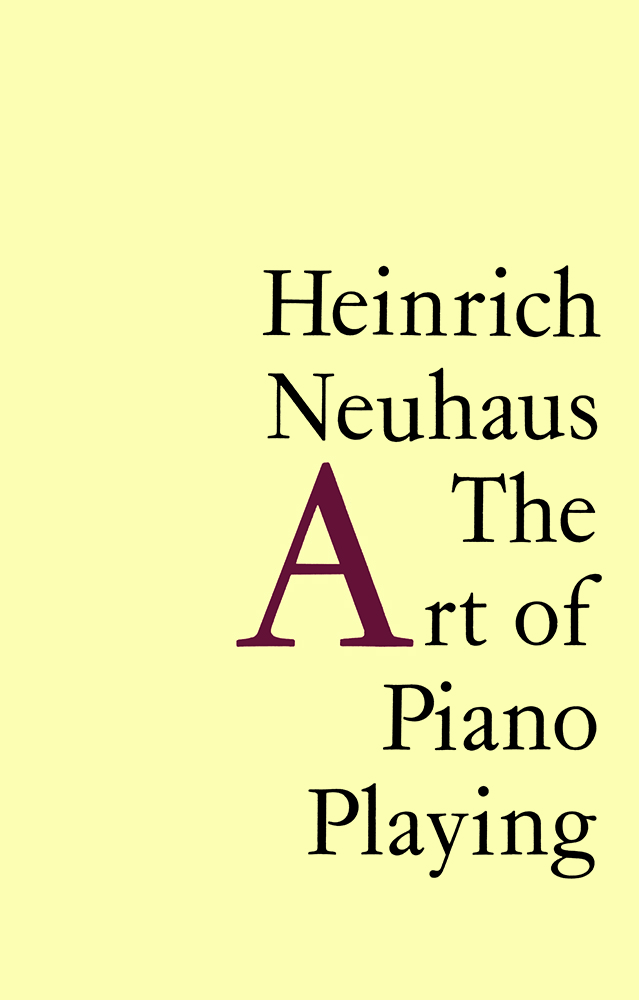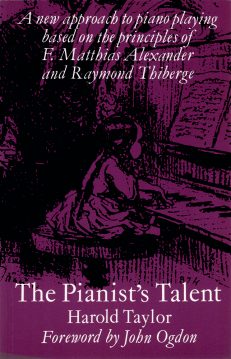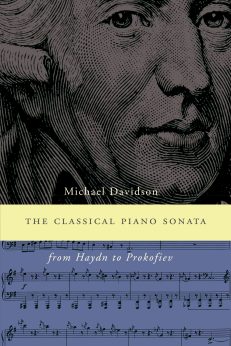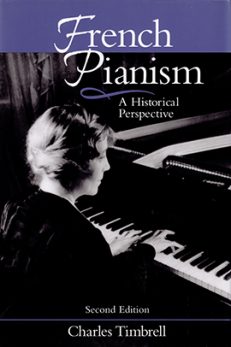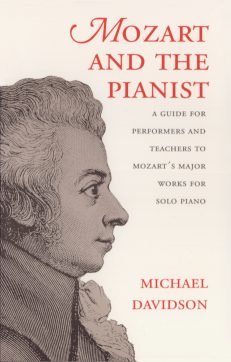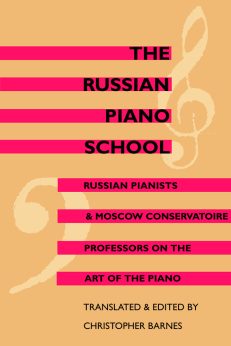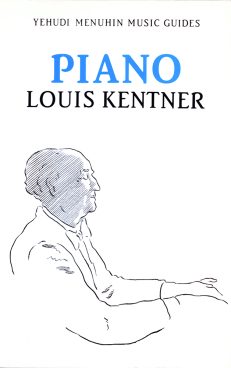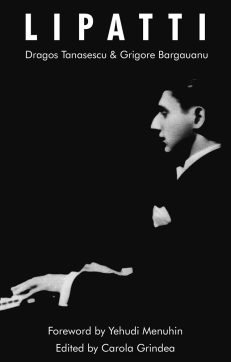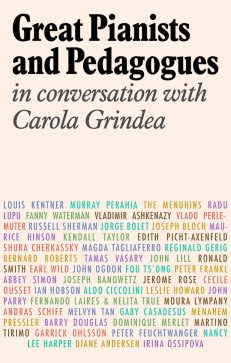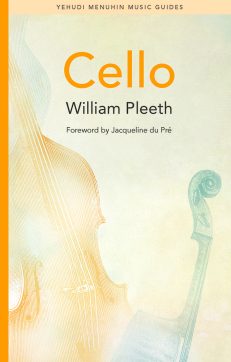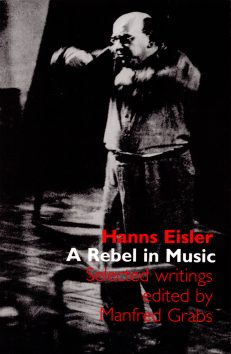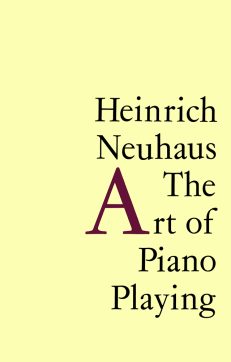Description
Neuhaus taught at the Moscow Conservatory and his pupils included some of the greatest pianists of the twentieth century: Emil Gilels, Sviatoslav Richter, Nina Svetlanova, Alexei Lubimov and Radu Lupu. His legacy continues today and many teachers around the world regard this book as the most authoritative on the subject of piano playing.
Contents
Introduction
Preface to Second Edition
In Lieu of a Preface
1. The Artistic Image of a Musical Composition
2. A Word or Two about Rhythm
3. On Tone
4. On Technique
4.1 General Considerations
4.2 Confidence as a Basis for Freedom
4.3 The Locomotor System
4.4 On Freedom
4.5 On Fingering
4.6 The Pedal
5. Teacher and Pupil
6. Concert Activity
7. In Conclusion
Index
About the Author
Heinrich Neuhaus was born in the central Ukraine into a family of musicians. His mother, Olga Blumenfeld, was sister of Felix Blumenfeld, a distinguished pianist, conductor and teacher. Horovitz was one of his most famous pupils, and through his maternal grandmother, he was related to Karol Szymanowski. Largely self-taught, Neuhaus made his first public appearance at the age of eleven playing some Chopin Waltzes and an Impromptu. His first solo recitals took place in Germany and Italy while studying under Godowsky, in Berlin and Vienna. He returned to Russia at the outbreak of war and in 1922 he began teaching at the Moscow Conservatoire helping to create the famous Moscow Central Music School for specially gifted children. He became Director of the Moscow Conservatoire, a post he later relinquished so as to devote himself entirely to teaching. With pupils such as Radu Lupu, Emil Gilels and Sviatoslav Richter, he became one of the most influential teachers in the history of the Moscow Conservatoire.
Reviews
We are very fortunate that Heinrich Neuhaus recorded his thoughts, ideas, and principles in his book The Art of Piano Playing, first published in 1967. Even today, a good many teachers around the world regard this book as the most authoritative source on the subject of playing the piano.
Hermione Lai – Interlude.hk Read the full article here
This book is arguably the best single book on piano playing, which it discusses in every aspect from the physical to the philosophical. It is a mine of information and anecdote, and no serious pianist should be without it on their bookshelf.
Graham Fitch – practisingthepiano.com
Heinrich Neuhaus’ … legacy continues today – through his pupils, his grand-pupils, great-grand pupils, and through the many teachers around the world who regard his book as the most authoritative on the subject of piano playing.
Francis Wilson – crosseyedpianist.com. Read the full article here
I can unreservedly recommend this book. It contains not a single wrong or questionable remark, and is eminently practical. Three or four lines of print might suddenly open the eyes of this or that pupil, and change his whole career for the better … in sum, a must.
Paul Hamburger
I have come to the conclusion that The Art of Piano Playing by Heinrich Neuhaus is essential reading for pianists. I highly recommend getting hold of this book and taking the time to read it carefully. Don’t be afraid to take notes! Many of Neuhaus’ perspectives really opened my eyes.
Tommy Doyle – tommyspianocorner.com.
One of the best books ever written about piano playing.
Giorgi Guga Chkhikvadze – Piano Professor, Palm Beach State College

